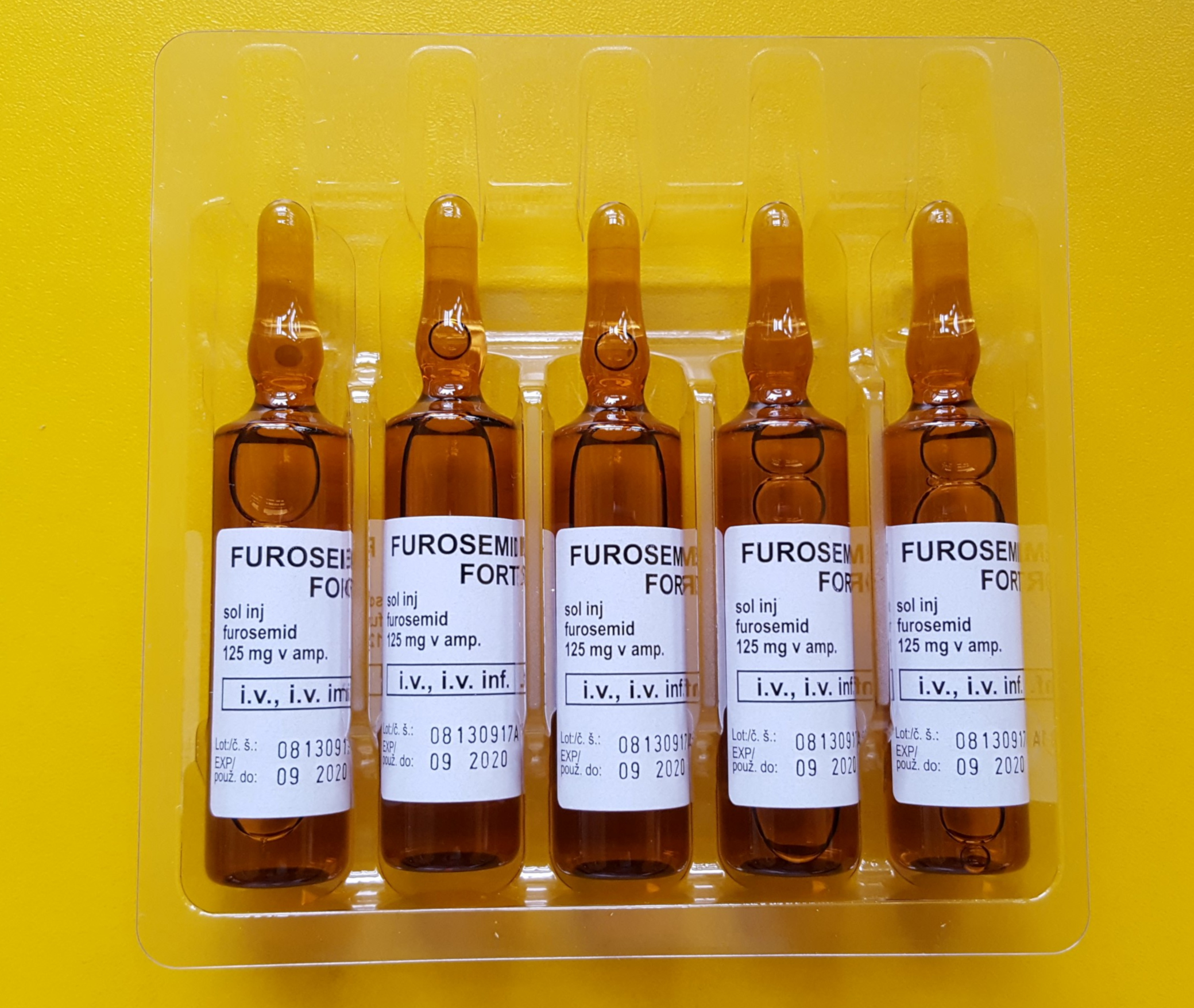| name | Diuretics |
| classification | Several classes, including Thiazide diuretics, Loop diuretics, Potassium-sparing diuretics, Carbonic anhydrase inhibitors. |
| pharmacokinetics | | general | Pharmacokinetics vary by type. Some act quickly, others more slowly. Primarily eliminated via kidneys, though other routes exist. | | absorption | Absorption varies; some absorbed rapidly orally, others require IV. Food intake can affect absorption. | | distribution | Distribute throughout body water compartments; concentration and effect often linked to renal function. | | metabolism | Metabolism depends on the specific diuretic type. Some undergo extensive hepatic metabolism, others excreted unchanged. | | excretion | Renal excretion is primary, with variation based on diuretic and kidney function. |
|
| suggested dosage | Dosage varies and must be individualized based on diuretic type, patient condition, and response. Consult a physician for appropriate dosing. |
| indications | | 1 | Edema associated with heart failure | | 2 | Hypertension | | 3 | Certain kidney diseases | | 4 | Fluid retention | | 5 | Certain types of glaucoma |
|
| safety in pregnancy | Generally not recommended during pregnancy except for life-threatening conditions. Risks and benefits must be carefully assessed by healthcare provider. |
| safety in breastfeeding | Some diuretics may be excreted in breast milk, potentially affecting infant. Consult a physician for the safest approach. |
| side effects | | 1 | Dehydration | | 2 | Electrolyte imbalances (sodium, potassium, magnesium) | | 3 | Headache | | 4 | Dizziness | | 5 | Muscle cramps | | 6 | Fatigue | | 7 | Lightheadedness | | 8 | Increased urination | | 9 | Gastrointestinal upset | | 10 | Hypotension | | 11 | Possible kidney damage in those with underlying kidney disease | | 12 | Allergic reactions |
|
| alternatives | |
| contraindications | | 1 | Severe dehydration | | 2 | Severe kidney impairment | | 3 | Hypersensitivity/allergy to the diuretic | | 4 | Electrolyte imbalances (especially low potassium) | | 5 | Certain heart conditions |
|
| interactions | | 1 | Other medications (e.g., digoxin, lithium, anticholinergics, certain antibiotics) | | 2 | Interactions with specific food and nutrient intake |
|
| warnings and precautions | | 1 | Monitor electrolytes and kidney function. | | 2 | Patients with heart failure or kidney disease may require careful monitoring and dosage adjustments. | | 3 | Avoid abrupt discontinuation without medical advice. |
|
| additional informations | | 1 | Different diuretic types have distinct mechanisms and side effect profiles. | | 2 | Adequate hydration is crucial for patients taking diuretics. | | 3 | Patients should meticulously record fluid intake and output. | | 4 | Diuretics affect electrolyte balance; periodic blood tests are often necessary. |
|
| patient specific considerations | | age | 25 years: Generally no significant age-related adjustments needed unless underlying health conditions exist. | | weight | 70 kg: Weight does not dictate basic dosage but can influence response, thus monitoring and adjustments are essential. | | gender | Male: No specific gender-related considerations unless underlying conditions impacting response are present. |
|

